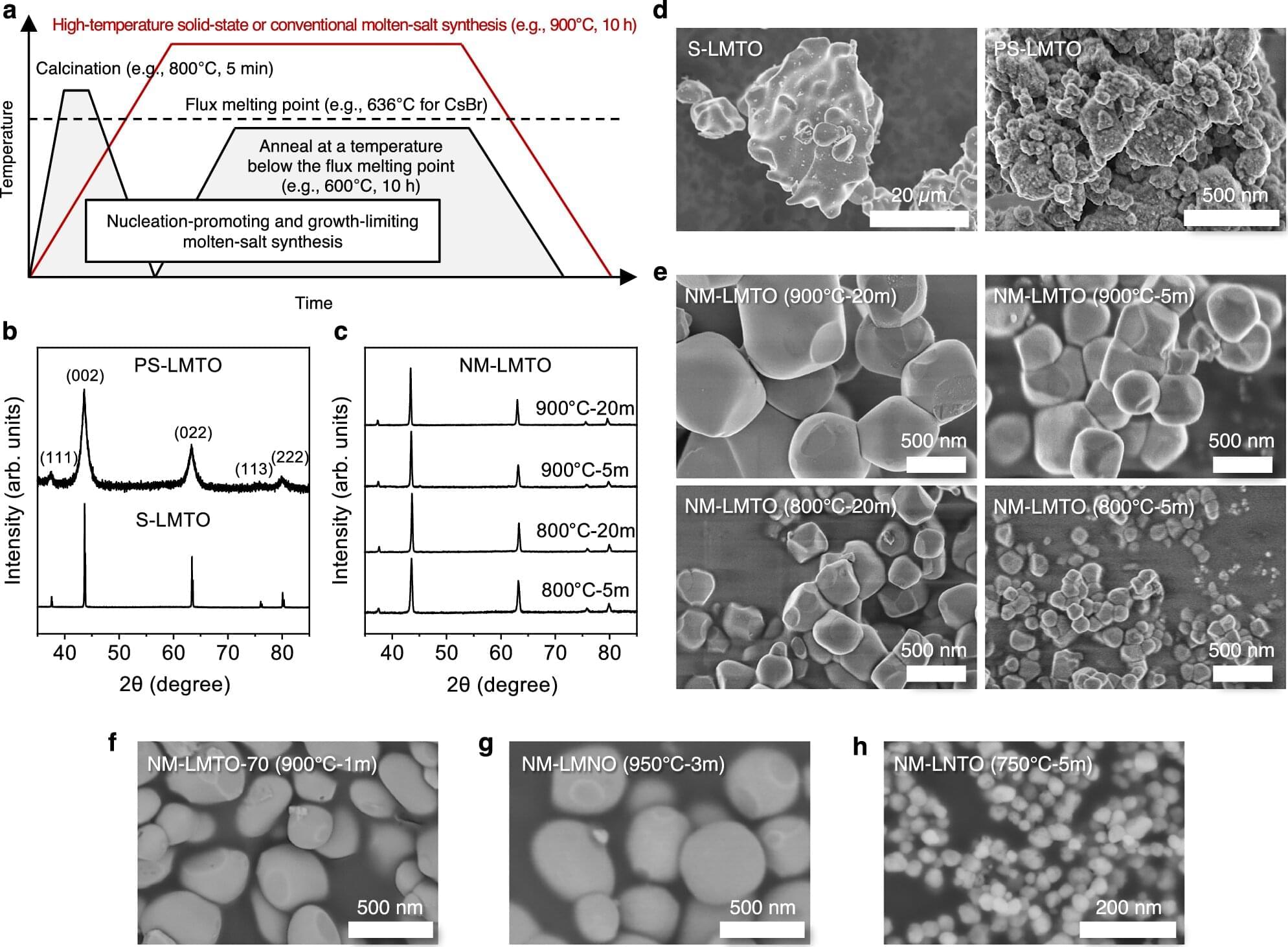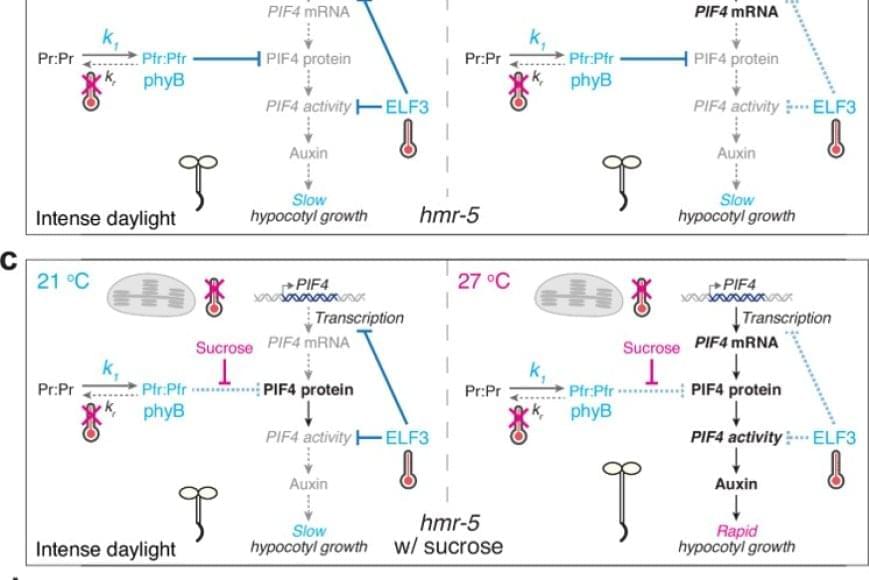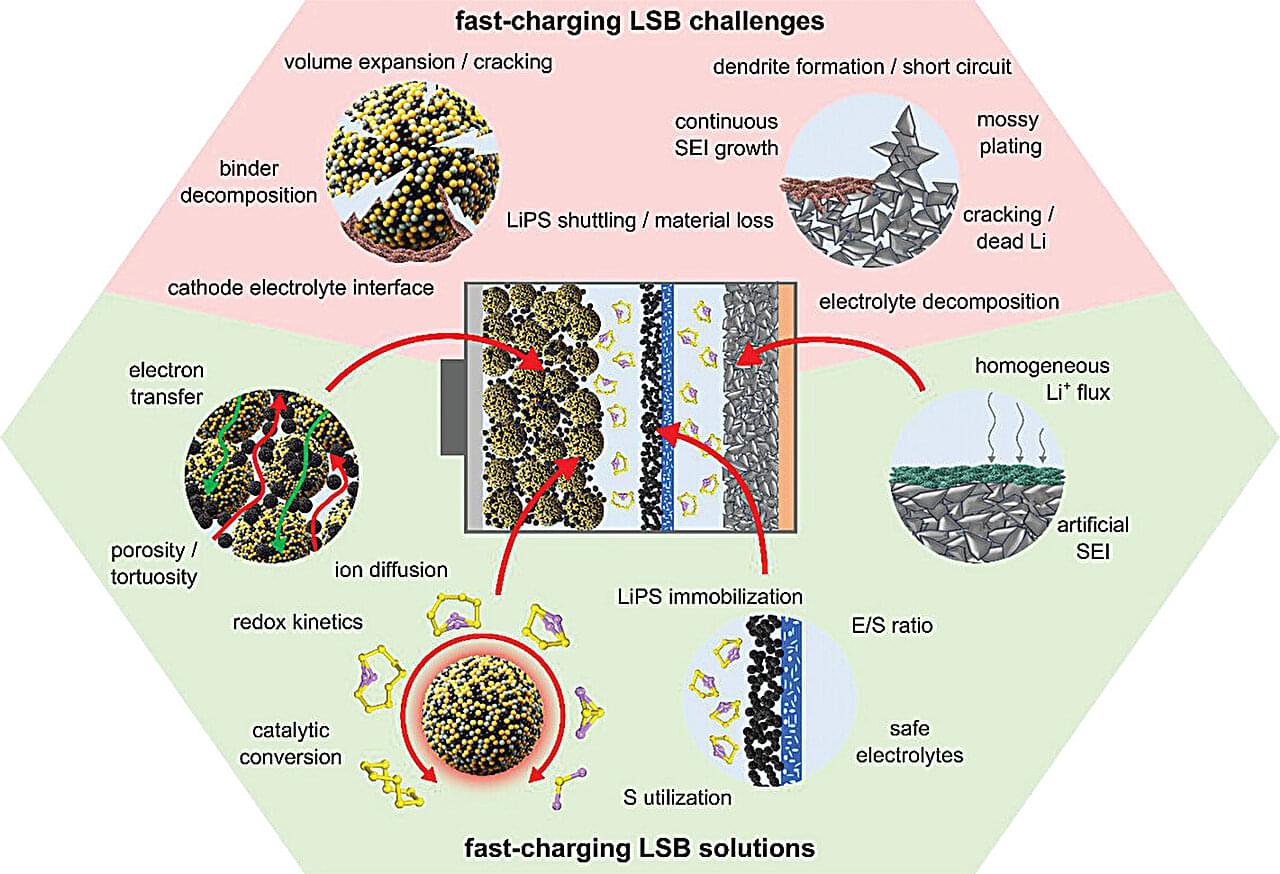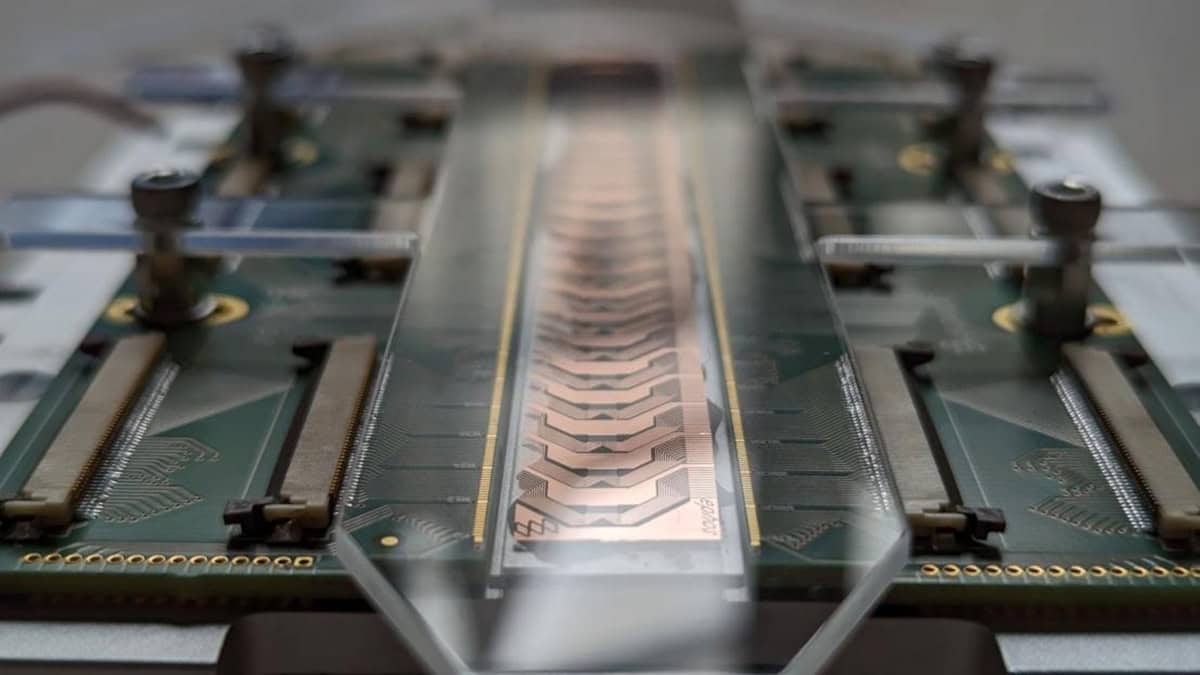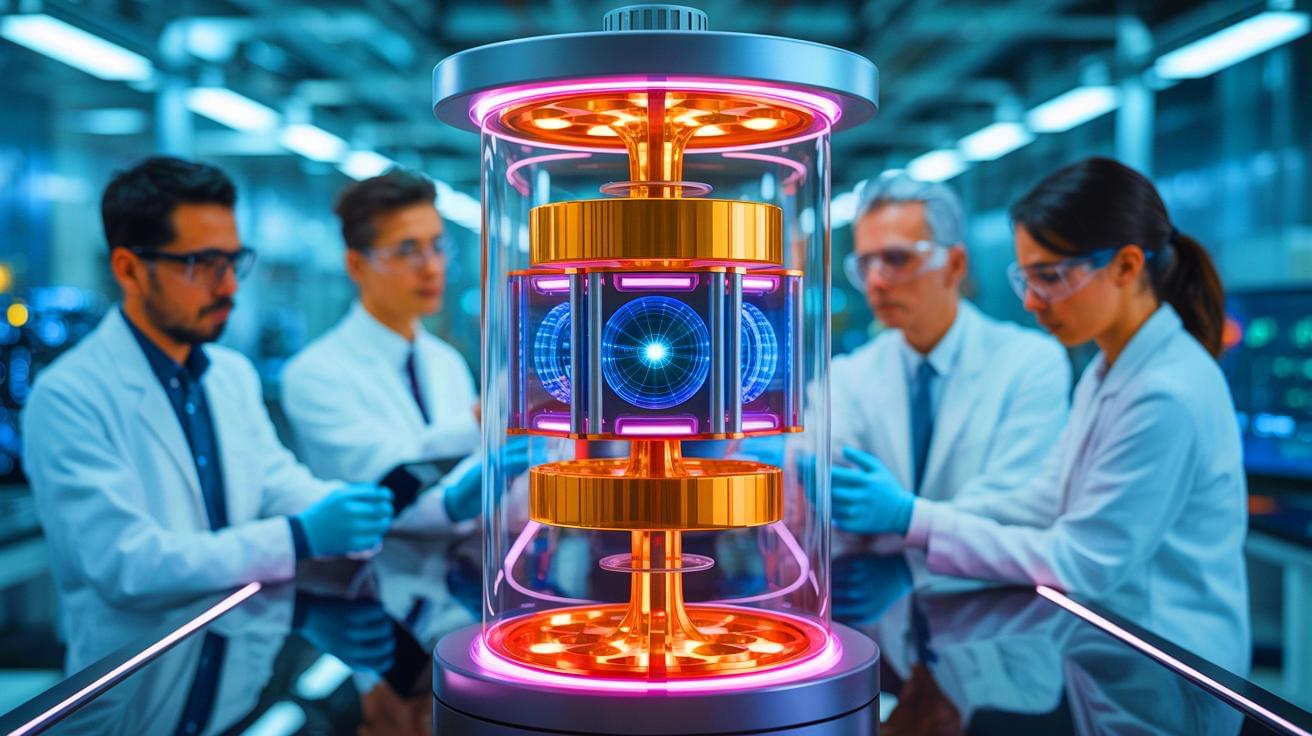A team of McGill University researchers, working with colleagues in the United States and South Korea, has developed a new way to make high-performance lithium-ion battery materials that could help phase out expensive and/or difficult-to-source metals like nickel and cobalt.
The team’s breakthrough lies in creating a better method of producing “disordered rock-salt” (DRX) cathode particles, an alternative battery material. Until now, manufacturers struggled to control the size and quality of DRX particles, which made them unstable and hard to use in manufacturing settings. The researchers addressed that problem by developing a method to produce uniformly sized, highly crystalline particles with no grinding or post-processing required.
“Our method enables mass production of DRX cathodes with consistent quality, which is essential for their adoption in electric vehicles and renewable energy storage,” said Jinhyuk Lee, the paper’s corresponding author and an Assistant Professor in the Department of Mining and Materials Engineering.
